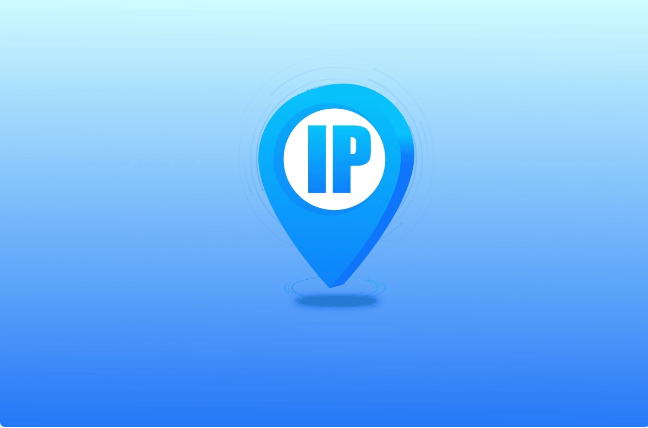As the Internet becomes an important part of people's lives, in an era dominated by information transmission, the quality of network connection has a great impact on our work efficiency, learning progress, and entertainment experience.
Dynamic IP, as an important form of IP proxy in network connection, is becoming more and more popular among users. This article will deeply analyze dynamic IP and explore the advantages of dynamic IP proxy, explaining that this kind of IP proxy method has gradually become the choice of more people.

What is dynamic IP?
Dynamic IP is an IP address assigned to users by Internet service providers ISP. After a period of use, the IP address may change when reconnecting to the network.
The concept of dynamic IP is relative to static IP (the IP address remains unchanged every time the user connects to the Internet). When users use dynamic IP services, the IP address can change every time they reconnect to the Internet.
In short, the IP address of dynamic IP is not permanently fixed, but is dynamically assigned by the ISP every time the user connects to the Internet.
What are the advantages of using dynamic IP proxy?
For individual and corporate users, choosing an IP proxy method that suits them will greatly improve the Internet experience and business success efficiency. Here we will introduce the advantages of dynamic IP proxy to see if dynamic IP meets your needs.
1. Flexible and convenient
One of the outstanding advantages of dynamic IP proxy is its flexibility. Compared with static IP, dynamic IP is more suitable for users who need to constantly switch IP locations or network environments. Dynamic IP can automatically switch to a new IP address in different network environments, which is very flexible and convenient for mobile office or users who need to switch networks frequently.
2. Safe to use
Dynamic IP proxy enhances the security of network activities. Due to the dynamic change of its IP address, dynamic IP is more difficult to be tracked by hackers or malicious attackers than static IP. This makes dynamic IP popular in some scenarios with high network security requirements, such as corporate office, remote work, overseas shopping, etc.
3. Cost saving
For many individual users or small businesses, dynamic IP proxy is more cost-effective. Compared with purchasing a fixed static IP, using dynamic IP proxy service can more flexibly adjust the service plan according to actual needs, thereby avoiding unnecessary expenses. This is especially important for some start-ups or users who consider costs.
4. Privacy protection
The single user use period of dynamic IP is short, which enhances the user's online privacy protection. By changing IP addresses regularly, users can reduce the risk of being tracked to a certain extent and improve the security of personal information.
In summary, dynamic IP is increasingly popular with users for its flexibility, security, economy and many other advantages. Dynamic IP proxy provides users with a more convenient and secure network experience, while also continuously promoting the development and innovation of network technology.
Of course, choosing a high-quality dynamic IP proxy involves more factors. More and more business scenarios require dynamic IP proxies. Users have a deep understanding of the characteristics and advantages of dynamic IP proxies, which helps to select the IP proxy service that best suits their usage scenarios and improve their Internet experience.
Related Recommendations
- IP agent: a tool for brand protection
- Why does the same proxy IP pool have different effects?
- Why do travel companies need overseas residential agency services?
- What services can dynamic proxy IP help?
- Dynamic Residential IP: Flexible Network Connectivity Strategies in a Digital Society
- Facebook advertising: 8 key ways to quickly increase ROI
- Overseas dynamic IP technology frontiers: Integrating innovation and guiding the future
- For overseas financial transactions, choose the home IP
- From Douyin to TikTok: Proxy IP helps you spread seamlessly across borders
- Foreign games are open more often: Which IP proxy is more appropriate?

